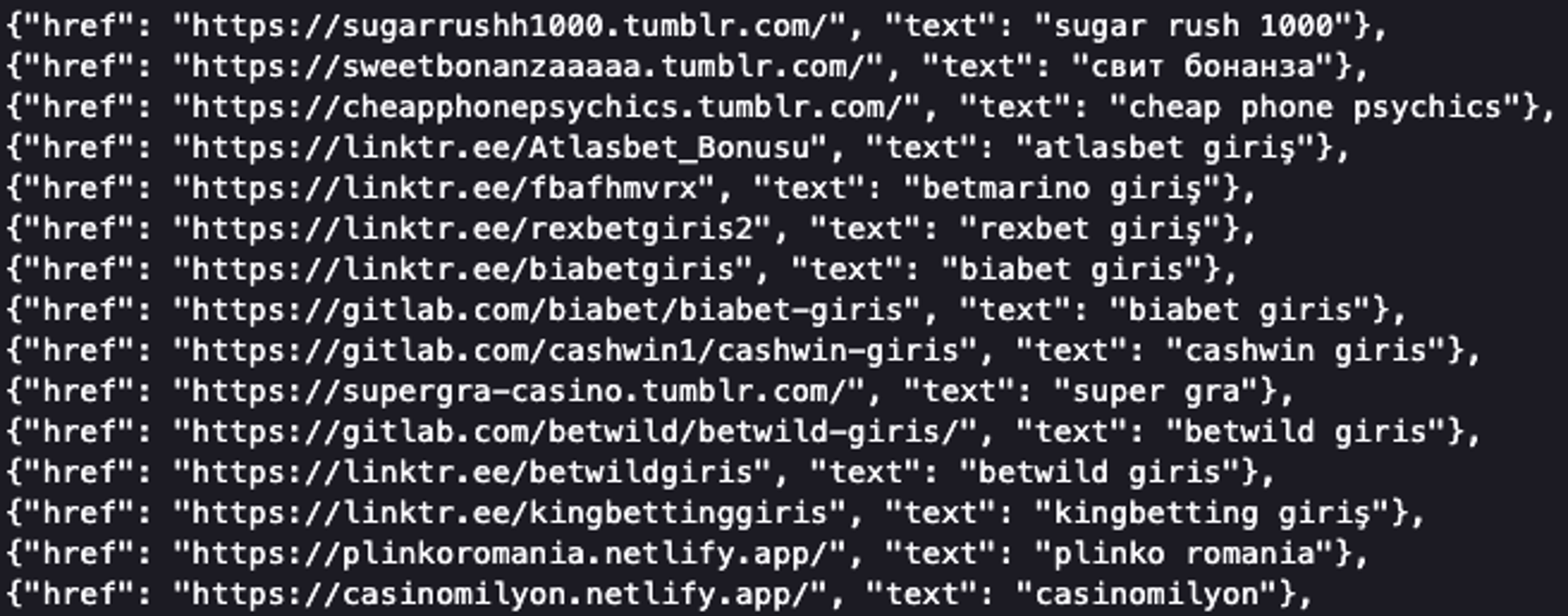
Summary: Microsoft is investigating a bug in Exchange Online that is causing users’ emails to be mistakenly quarantined by the anti-spam systems. The issue started at 10:11 UTC and has been classified as a critical service issue. In addition, a separate incident is preventing access to the ‘Review’ page in the Security portal for users and admins.…
Read More 
















